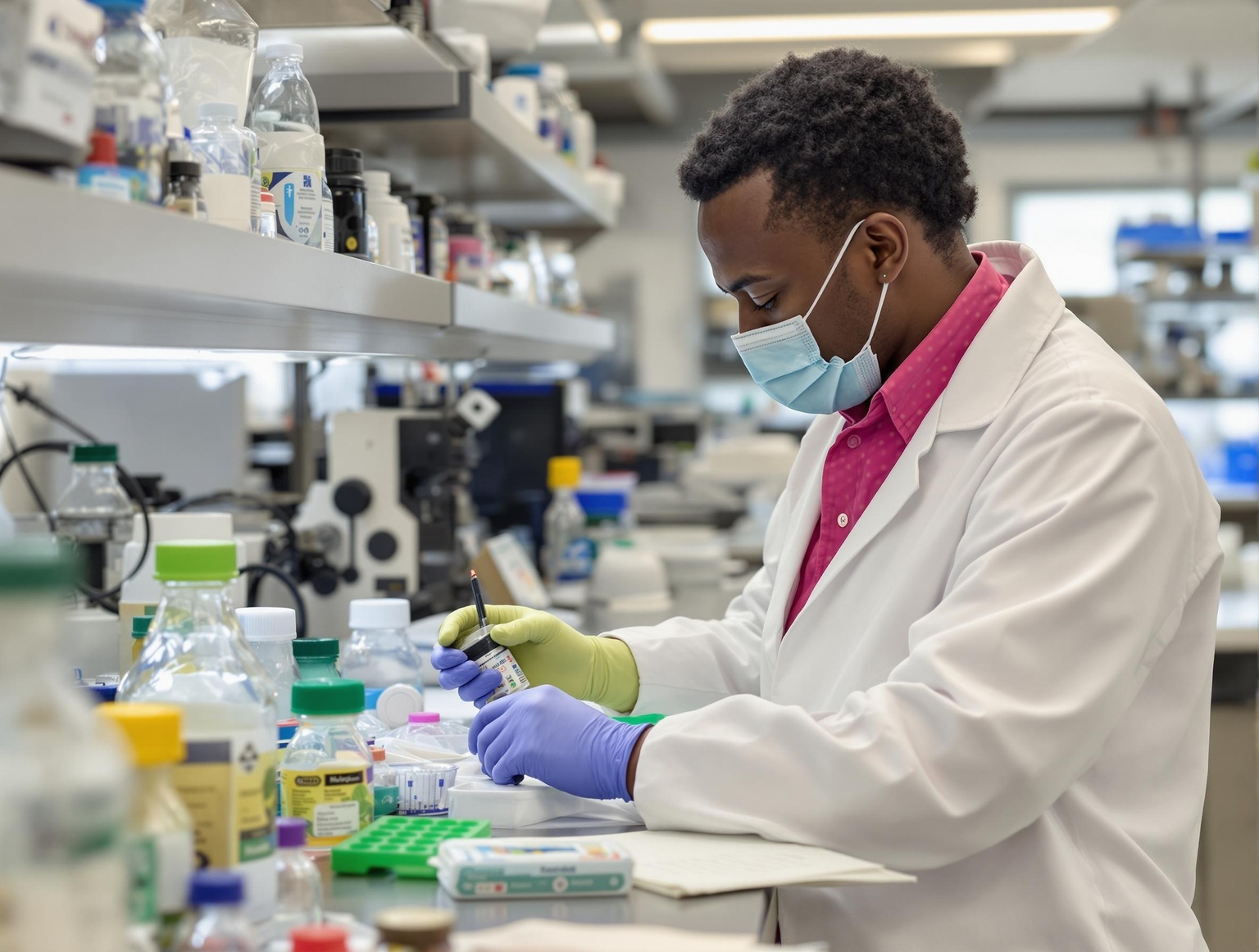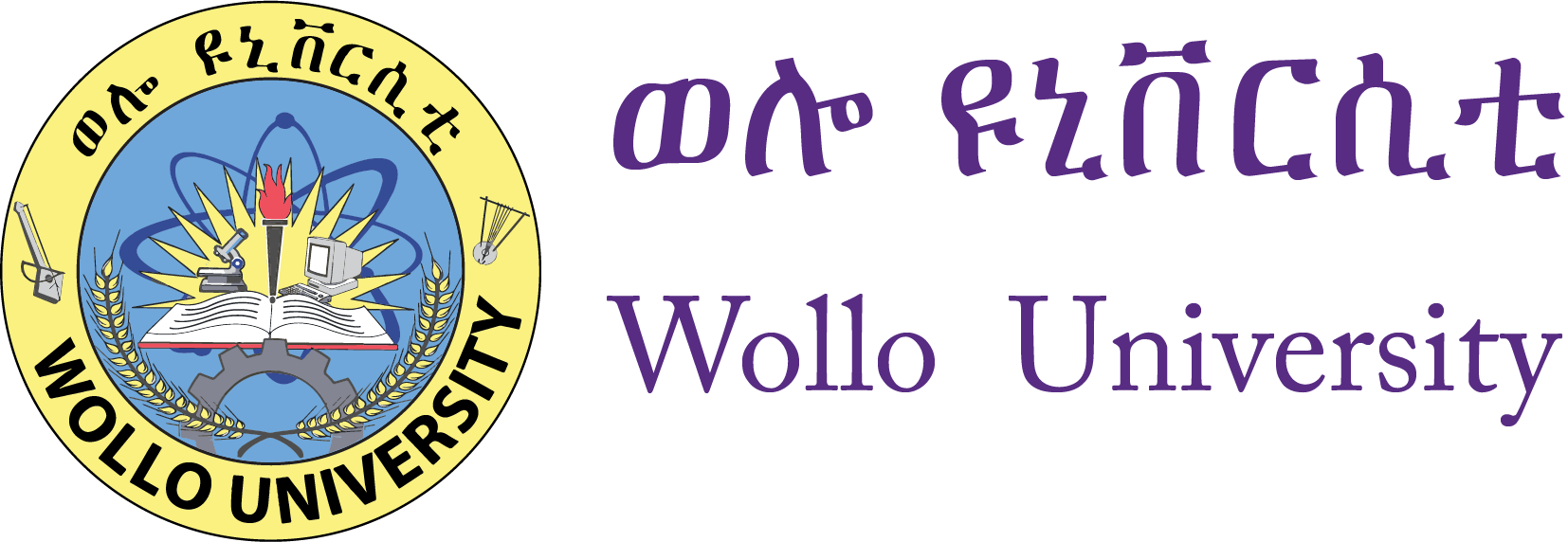Our team

Wondiye Admasu (PhD)
AABRI Director

Assefa Tessema (PhD)
AABRI Officer

Shawl Abebe
AABRI Officer

Bililign Deresse
AABRI Officer
Abay-Awash Basins Research Institute
The Need for the Institute
- Pressure on Water bodies
- Degradation of ecosystems
- Less efforts to restore degraded water bodies
- Demand for water is increasing
- Water conflict
Abay-Awash Basins Research Institute
Goals
- Develop Abay-Awash sub-basins in all aspects.
- Restore the forest landscapes of Abay -Awash sub-basins.
- Restore water bodies in the two basins.
- Establish central data base for water related research.
- Produce ecofriendly technology for restoration of the water bodies.
- Examine sanctioned and hegemonic knowledge production on Abay River water.
- Produce contemporary discourses on Abay-Awash River Basins.
- Improved livelihoods of the people in the Abay-Awash (Wollo area) Sub-Basins.
